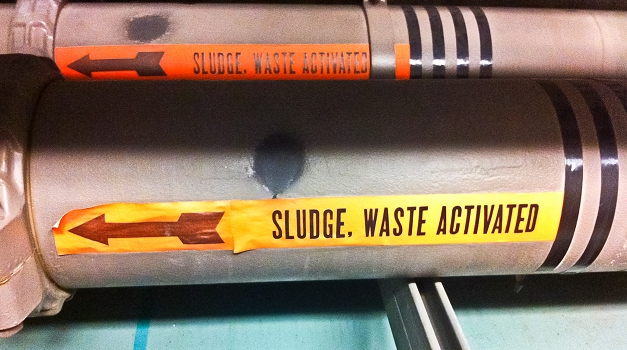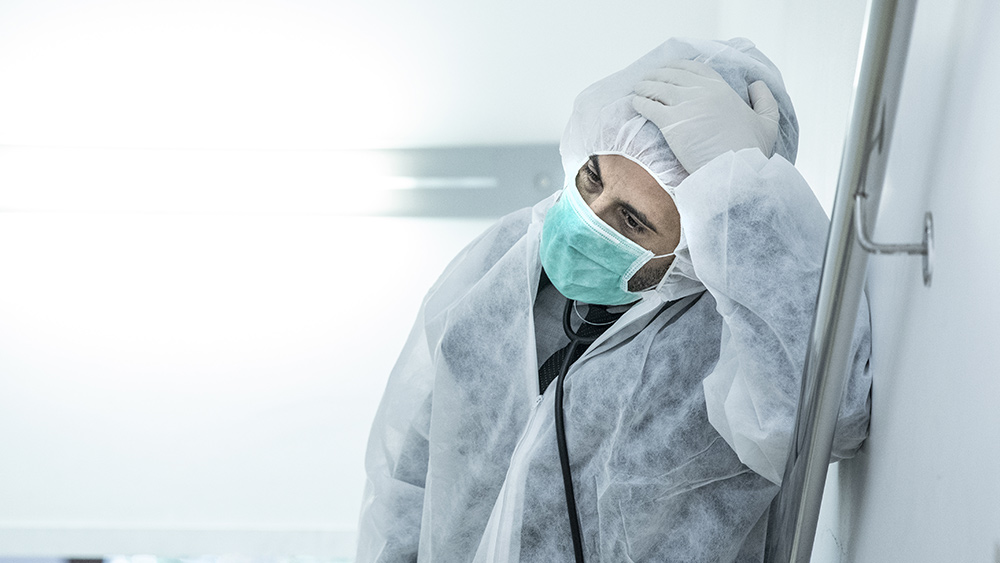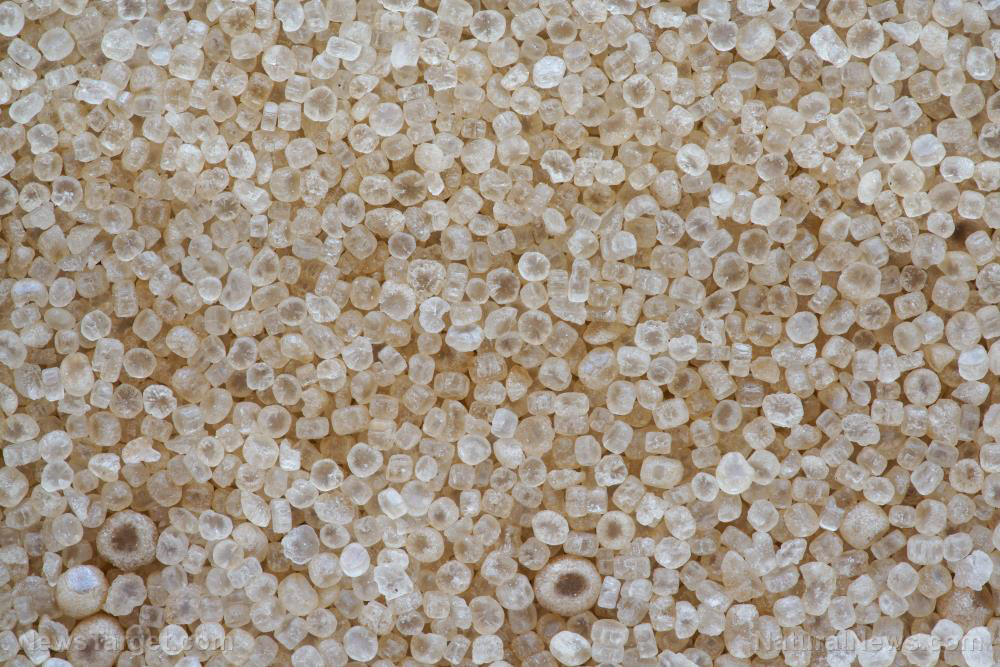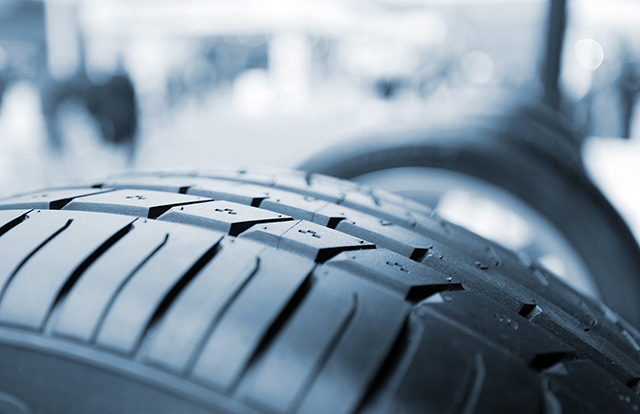
The owner and manager of the Seattle Barrel and Cooperage Company in Seattle, Washington, are both being charged with criminal conspiracy along with 29 counts of violating the Clean Water Act for their complicity in using a hidden drain to dump highly corrosive chemicals directly into the sewer system.
According to a 36-count grand jury indictment, Seattle Barrel and Cooperage owner Louie Sanft, as well as his cousin John Sanft, the firm's manager, have been lying to regulators about what's been going on at this shady company since at least 2009.
Instead of properly disposing of the caustic chemical solution that Seattle Barrel and Cooperage has long been using to clean and recondition the 55-gallon industrial drums it sells to customers, the company instead secretly installed a hidden drain to dump it straight into the sewer system, which ultimately drains into the Duwamish Waterway and the Puget Sound.
King County, where Seattle is located, reportedly figured this out after "a sensitive sewer flow meter tipped them off to something strange." The county then sent a robot into the sewer system to investigate, upon which it discovered a mysterious white stain.
Federal agents proceeded to execute a search warrant after real-time monitoring equipment uncovered unusual spikes in the water's pH levels. This ultimately led to the discovery that Seattle Barrel and Cooperage has been illegally dumping extremely toxic and highly corrosive waste into the city's sewer system.
The Sanfts deny all wrongdoing, blame former employee
Amazingly, the Sanft cousins are denying that they did anything wrong, even though the evidence shows that their company has been violating the law for at least the past decade.
In a statement, Louie Sanft's lawyer, Angelo Calfo, blamed a former Seattle Barrel and Cooperage employee whom he says "cut corners for his own gain" by installing a secret drain pipe to illegally dispose of highly caustic toxic waste.
"Louie had no motive to do this," Calfo insists. "Company practice and policy was to have the tank water boiled down and evaporated. Any sludge from the tank would be transported for proper disposal."
Everything that gets dumped into sewers later gets dumped on food crops in the form of "biosludge"
But the fact remains that Louie and his cousin have an economic incentive to cut corners to save themselves the added cost of proper waste removal. Surveillance and monitoring that took place prior to the time when these charges were made show that company employees were engaging in other illegal activities, some of which resulted in fines.
In 2013, for instance, Seattle Barrel and Cooperage was fined $55,250 after one of its employees was observed dumping an oily substance directly into a sewer. On another occasion, the company was fined $30,000 for "failing to identify caustic wastewater as a hazardous waste, missing labels on hazardous waste containers and lacking measures to prevent the escape of hazardous liquids."
It's important to note that besides polluting the local waterway, including the Puget Sound, Seattle Barrel and Cooperage's violations more than likely also led to this caustic waste being dumped on American farms as biosludge "fertilizer."
You can learn more about the toxic scourge of biosludge by checking out the filme Biosludged at this link.
You can also learn more about what goes into biosludge and why it's a public health hazard by checking out Biosludge.news.
"At a time when we are searching for strategies to protect Puget Sound and improve water quality for fish and wildlife, we need companies to do their share – not scheme for ways to pollute in private," stated United States Attorney Brian Moran about the Seattle Barrel and Cooperage case.
Sources for this article include:
Please contact us for more information.




















